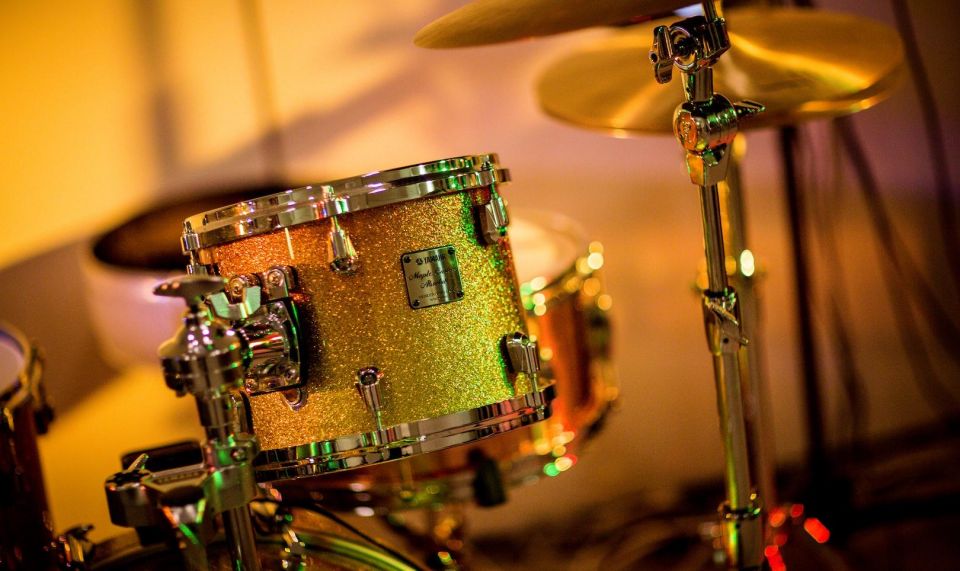

Music – it has been described as the universal language, a unique form of communication that transcends the limitations of spoken words. A melody can echo with our emotions, a rhythm can resonate with our hearts, a harmony can touch our souls. But it is more than just a medium of expression – it is a vital component of our culture, an integral part of our lives.
Walk down any street in a bustling city, and you are likely to hear a myriad of sounds blending into an urban symphony. From the distant wail of a siren to the steady beat of footsteps, from the soft hum of conversation to the vibrant strumming of a street musician’s guitar – music is everywhere.
In a quiet rural town, the soundscape is different, but music is no less present. A rustling breeze carries the melody of birdsong. The murmuring brook offers a calming rhythm, while an old weathered wind-chime adds an unexpected harmony. And in the evening, you might even hear the faint strains of a country tune wafting from a neighbor’s porch – another evidence of music’s ubiquity.
Music is also deeply engrained in our rituals, celebrations, and even our day-to-day tasks. From singing lullabies to soothe a restless baby, to dancing at a wedding reception, music is a constant companion. It can heighten emotions, providing comfort in sadness, energy in celebration, and inspiration in moments of contemplation.
In the world of entertainment, music’s influence is immeasurable. Film scores situate us within the story, intensifying our responses to the on-screen action. Concerts, whether a packed pop concert or a laid-back jazz club, allow us to share in a collective experience, creating a sense of connection with both the performers and the audience.
Our relationship with music is also a deeply personal one. It is a form of self-expression and a reflection of individuality. The music we listen to, the rhythms we move to, the harmonies we hum to, all tell a story about who we are. Our choice of music can be influenced by our emotions, our experiences, and our perceptions of the world. In this way, music serves as a diary, a soundtrack to our lives.
Yet, despite its omnipresence, the true beauty of music lies in its versatility. It does not conform to a single definition, it does not adhere to a single pattern. Like a river, it constantly evolves, flowing and adapting to the contours of time and space, culture and society. It is the blues of a lonely singer, the symphony of an orchestra, the chanting of monks, the beats of a hip-hop artist, and so much more.
Yes, music is indeed a universal language. But it’s more than just a language. It’s a story, it’s an emotion, it’s a journey. It is simultaneously a reflection of our past and a projection of our future. It is, and will always be, an essential part of the human experience. And as we continue to create, listen, and connect through music, we keep this universal language alive and thriving.